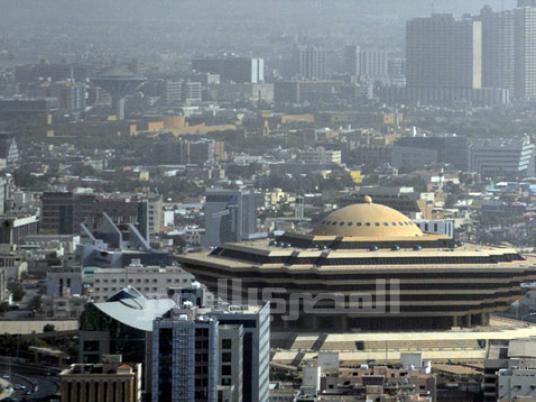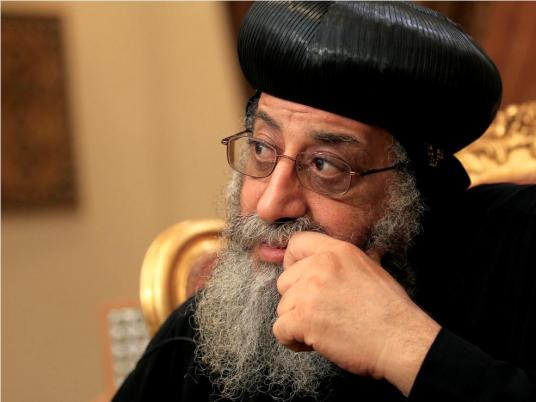
JEDDAH, Saudi Arabia — A prominent Saudi rights activist, who has been on a hunger strike for almost a month to protest at his year-long detention, has also stopped drinking water, rights activists said, blaming authorities for the deterioration of his health.
Mohamed al-Bajadi was detained in March 2011, activists said, for supporting families demonstrating outside the Interior Ministry in Riyadh to demand the release of detained relatives. His trial, on charges including tarnishing the reputation of the state, has been suspended as he refused to recognize the court.
"The Saudi Civil and Political Rights Association (ACPRA) holds the Interior Ministry … responsible for the deterioration of Mohamed al-Bajadi's health, who has been on an open hunger strike since 11 March and since Saturday morning has stopped drinking water, causing him to faint four times and putting his life at risk," the group said in a statement on Monday.
An Interior Ministry spokesman said he was not aware of the case and could not comment on it but activists told Reuters they are updated about Bajadi's health through messages leaked to visitors of other inmates at Al-Hayer prison in Riyadh, where he is held.
"There is no direct contact but we get messages from visitors of other inmates … We are getting messages from people who have indirect contact with him that he is still on hunger strike and last night we received a message that he stopped drinking water," said Mohamed al-Qahtani, a Saudi activist.
Saudi Arabia is a monarchy that has no elected parliament and almost no tolerance for public dissent. The kingdom — mostly thanks to a generous spending package announced early last year — has avoided the kind of protests that rocked other Arab countries and resulted in the fall of four heads of state.
The US ally has seen sporadic protests despite a ban on demonstrations, mainly by a Shia minority in the eastern part of the kingdom, resulting in dozens of detentions.
Independent rights groups estimate that the number of prisoners ranges between 12,000-30,000 but the Interior Ministry denies there are any political prisoners in the kingdom. The ministry said last year it was holding 5,696 people for "militant"-related cases, most of whom appeared before courts.
Saudi Crown Prince Nayef ordered the release of "non-dangerous" prisoners and those whose sentences are almost complete, the daily Al-Watan newspaper reported on Monday, citing a letter from the prince addressed to all governors of Saudi Arabia and the head of bureau of investigation and public prosecution.
The pardon, which was ordered to cope with the high build up of inmates in Saudi prisons, excludes detainees found guilty in cases of national security, Al-Watan said.




